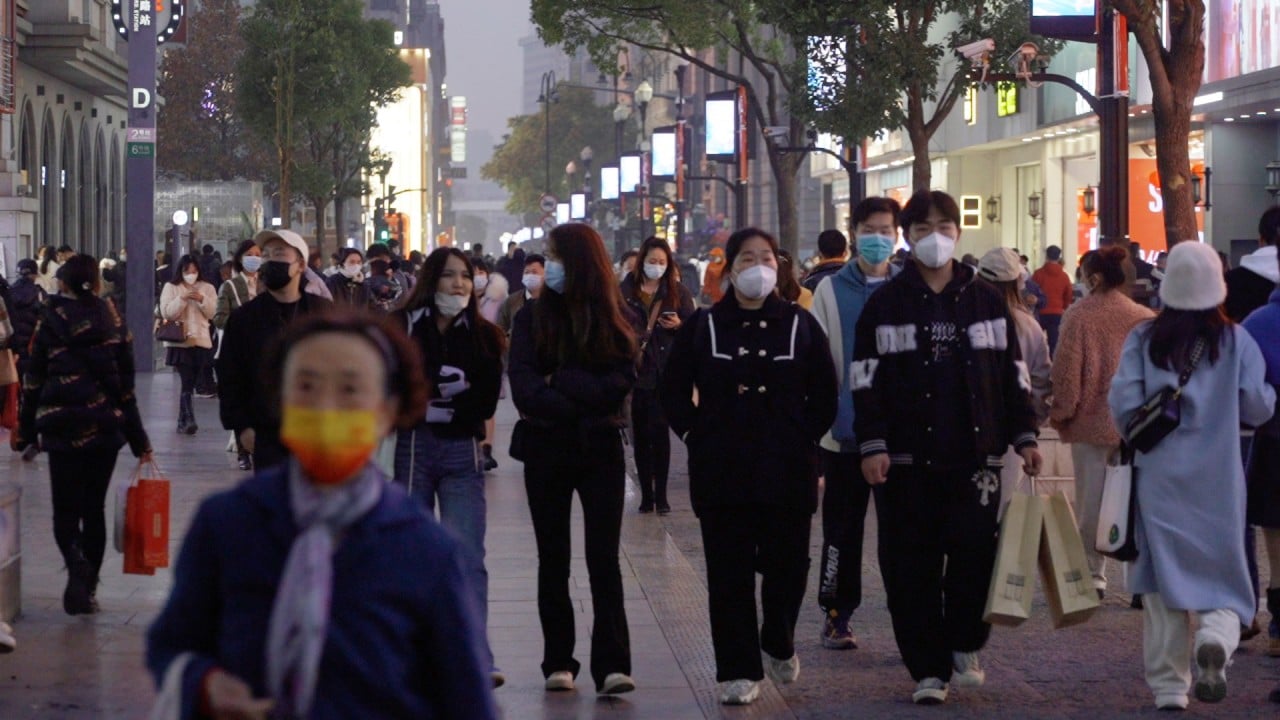
China reports sharp drop in Covid deaths during Lunar New Year holiday
- A total of 6,364 hospital patients with Covid-19 die from January 20 to 26, down by about half from a week earlier, according to CDC figures
- The decrease mirrors trends in hospitalisations and severe illness, but doubts about Beijing’s health data still linger
The Chinese Centre for Disease Control and Prevention (CDC) said it recorded 6,364 deaths from January 20 to 26, down from 12,658 between January 13 and 19.
China says Covid death toll in hospitals is on a downward trend
According to CDC data, there are now 215,958 Covid-19 patients in China’s hospitals – about 45 per cent of the number recorded last week – and 26,156 of them are classified as severe cases, down by about half from a week earlier.
Why did Covid-19 wave hit China’s countryside earlier than expected?
Jiao said on January 14 that the current wave of cases had peaked.
CDC reports show that polymerase chain reaction (PCR) tests have dropped dramatically nationwide, from 150 million on December 9 to 7.54 million on January 1 and just 280,000 on January 23. Positive rates also dropped to 5.5 per cent on January 23 from a peak of 29.2 per cent on December 25.
The CDC said the dominant Omicron variant from December 1 to January 23 was BA.5.2, followed by BF.7.
It asked Chinese officials to regularly share “specific and real-time data on the epidemiological situation”, including “more genetic sequencing data” and data on hospital admissions, deaths and vaccinations.
Scale of China’s Covid-19 outbreak will be known, but not yet: NHC
Earlier this month, China pushed back against allegations it has not been transparent about the severity of its Covid-19 surge and suggested that its incidence of severe illness and death compared favourably with other nations.
“China has always shared its information and data responsibly with the international community,” Chinese foreign ministry spokeswoman Mao Ning said on January 4.

.jpg?itok=H5_PTCSf&v=1700020945)
